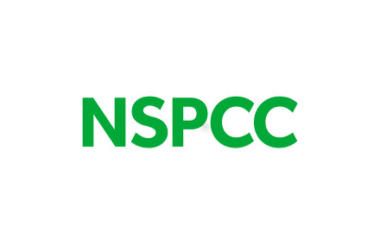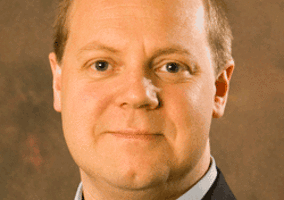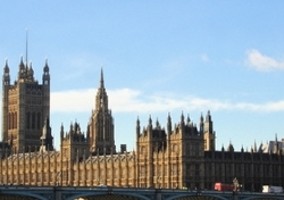The NSPCC’s total income for the last financial year has fallen, after the charity made the decision to curb a number of its fundraising activities, including the use of third-party fundraising agencies.
The latest set of annual accounts for the NSPCC, filed with the Charity Commission on 30 November and available on the charity register, show that the organisation’s decision to suspend some direct marketing activities and overhaul its fundraising operations in the wake of a number of critical media stories last year has affected its total income.
The charity’s income from donations and legacies fell in the last financial year by £3.65m, down to £106.8m from 110.5m in the year ending 31 March 2015. This 3 per cent fall in donations is the driving force behind a £4.9m fall in total income for the charity, from £133.8m to £128.9m in the year to 31 March 2016.
An analysis of the income from raised funds shows that alongside a £2.4m drop in individual giving. The organisation also saw a £1.8m fall in corporate, trusts and major donor fundraising and a small dip in regional and community fundraising.
Overall the charity raised £106.8m in the last financial year, compared to £110.5m in the previous year. Fundraising income accounts for around 90 per cent of the NSPCC’s total income.
Fall in terms of fundraising expenditure
The NSPCC announced in October 2015, in an evidence session before the Public Administration and Constitutional Affairs Committee that it had suspended contracts with a number of third party fundraising agencies caught up in a series of media driven scandals.
Mark Wood, chair of the NSPCC, said at the time that the organisation had “become concerned in some cases about the approach which these organisations take to fulfilling their duties on our behalf”.
This is borne out in the NSPCC’s accounts, which show a £1.9m drop in the charity’s expenditure on raising individual giving and regular donations – down from over £10m in 2015, to £8.2m in the last financial year.
Fundraising expenditure in terms of securing legacies, regional and community fundraising, school fundraising and securing other donations and gifts have all also fallen in the last financial year. The net result of this is that the NSPCC spent a total of £20.3m on raising funds in the last financial year - a 13 per cent fall from the previous year.
The organisation’s total expenditure has fallen by over £7m, down to £120.4m in the year ending 31 March 2016, compared to £127.7m the previous year.
Director of fundraising left as part of 'new strategy'
Paul Farthing, the former director of fundraising for the NSPCC, left the organisation on 11 May 2016, after three years in the role.
Farthing was at the helm of the organisation throughout 2015, when the NSPCC was named by the Daily Mail and the Sun as being at the centre of a number of scandals in relation to its use of third party fundraising agencies and attempting to exploit loopholes in the Data Protection Act to contract Telephone Preference Service-registered people.
At the time, a spokesman for the charity said Farthing’s departed came about as a result of the organisation’s “near five year strategy” and a “realignment” of its marketing and fundraising activity.
The charity said that Farthing himself made the decision to leave.
At the time of his departure, Farthing was the second highest paid individual at the organisation, earning £133,000 a year. Chief executive Peter Wanless was the highest earner at the organisation in the year, earning £167,000.
The NSPCC has yet to formerly appoint a full-time successor to Farthing. Nigel Spencer is currently the acting director of fundraising at the organisation.
In the accounts, Wood said: “We face the challenge of preventing child abuse head-on, but this year it wasn’t our only challenge. Charity fundraising practice came under immense scrutiny, at first by the media and later government. Along with our peers in the charity sector, we were held to account for how we contact people to ask them to support us.
“We have always been concerned to ensure that no-one feels pressurised, misled or hassled into giving us money. We’ve reviewed all of our fundraising practices, we’ve ceased some relationships with agencies acting on our behalf and will only work with those operating in line with our values. We’ve worked with the bodies governing industry practice to make sure stronger and clearer safeguards are in place across the sector.”
Related Articles












